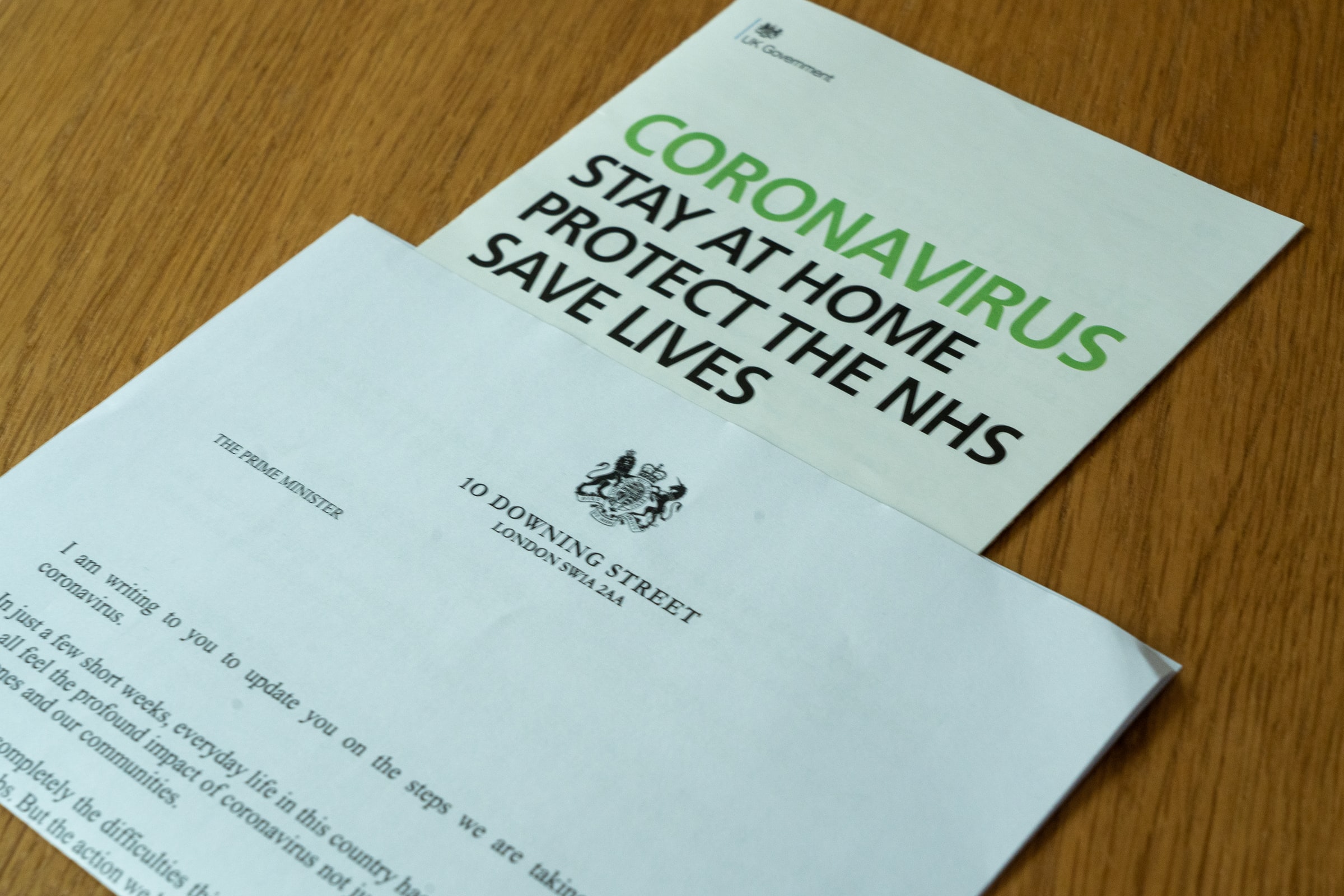
Comment Writer Caitlin Talbot discusses Boris Johnson’s approach to reviving the economy post-COVID-19, arguing that the government should prioritise helping those in need as opposed to focusing on opening pubs and restaurants
Delivering a major speech on post-pandemic recovery, at a podium emblazoned with the triplicative slogan ‘build, build, build,’ Boris Johnson told the West Midlands of his commitment to a ‘fairer, greener and more resilient’ economy. As usual, the speech was replete with rhetorical flourishes. Johnson spoke of ‘doubl[ing] down on levelling up,’ presenting his perplexing case for tackling long-term economic issues, which were ‘brutally illuminated’ by the ‘lightning flash’ of the pandemic.
But what should his bid to ‘build back better’ mean for the British public? What are our priorities, politically and socially, for the post-COVID-19 world that we will soon enter?
Johnson intends to mitigate some of the economic aftershock of COVID-19 with a 5 billion pound ‘deal’, which focuses on infrastructure and radically overhauls the planning system. His intention to utilise the dynamism that was unleashed by the crisis– the rapid delivery of the Nightingale hospitals, and execution of the furlough scheme –relies on a ‘fast spend’ initiative that ‘rises to the challenge’ of the approaching financial crisis. However, the BBC’s economic editor, Faisal Islam, has declared that there is ‘nothing really new’ in the plan, suggesting that Johnson’s rhetoric obscures a rather more rudimentary strategy for economic recovery. There is no doubt that millions of furloughed and redundant workers need a more detailed contingency plan. But ‘build, build, build’– the most recent in Johnson’s string of PR slogans seems to offer no serious structure to alleviate economic stress, especially since capital projects take years to complete. The public needs deliverable funding that is tailored to different economic activities and regional labour markets. Policies must protect those who are most in need and provide liquidity to prevent unnecessary bankruptcies that will destroy organisational and informational capacity and the human capital they require. Moreover, the economy must be supported by agile, empathetic leadership. It must be tailored to the emotional and mental impacts of the coronavirus upheaval, as well as those relating to business and commerce. The two are inextricably linked.
“Policies must protect those who are most in need
Indeed, Johnson’s watchwords ‘Better, Greener, Faster’ suggest an intent to change governmental direction. But the British public is yet to see him deliver on these promises. For instance, while Johnson delivered his ‘build’ speech, thousands gathered online for a ‘mass virtual lobby’ of parliament to discuss green recovery. Ed Matthew, of the Climate Coalition, said: ‘If the government fails to deliver on this pledge, their climate credentials will be in shreds.’ And yet, the National Infrastructure Strategy, which sets out key environmental issues such as energy networks, transport, and waste, was delayed in March’s budget. The UK is, indeed, in the ‘international spotlight’ as the host of the UN climate summit, and so it is more important than ever that Johnson delivers on his ‘green recovery.’
There are perhaps other more pressing priorities for our post-COVID-19 society. For instance, it is vital that we create safe visiting times, and provide full PPE for families seeking to visit loved ones at hospitals and care homes. This should surely be prioritised over the rapid opening of pubs and restaurants. Equally, the government must deliver on mandatory mask-wearing, so that we can open-up society without further surges in the R-rate and local lockdowns. Environment Secretary George Eustice told the BBC that the facemask rule will not be implemented until 24th July to ‘give people time to prepare,’ but this three-week wait seems an extremely slow approach to stopping the spread of the virus– a pace that has plagued the government since its slow entry into lockdown on March 24th, weeks after the warnings from Italy. Indeed, one can already pose the question, how ready are we to deal with a second wave? And for how much longer should families and businesses be under duress because of the slow implementation of policies and the seemingly skewed, knee-jerk economic priorities?
“It is vital that we create safe visiting times, and provide full PPE for families seeking to visit loved ones at hospitals and care homes
The Organisation for Economic Co-operation and Development states that ‘well-designed recovery policies’ need to ‘trigger investment and behavioural changes that will reduce the likelihood of future shocks and increase society’s resilience.’ So far, Johnson’s vague propositions do not appear to safeguard the public’s best interests– which above all should be the prevention of more deaths, further lockdowns, and economic catastrophe that would then dwarf the one we currently face. Never before has a government seemed to rely so heavily on the kind of marketing campaigns designed by PR firms for leading multinationals. Perhaps the government’s priority should be less about ‘building’ rhetorical finesse, and more about replenishing and nurturing. Or perhaps more crucially, ensuring that they deliver on their proposals in a timely, competent, and safe manner.
______________________________________________________________________________________________________
Like this story? See below for more from Comment:
Comments